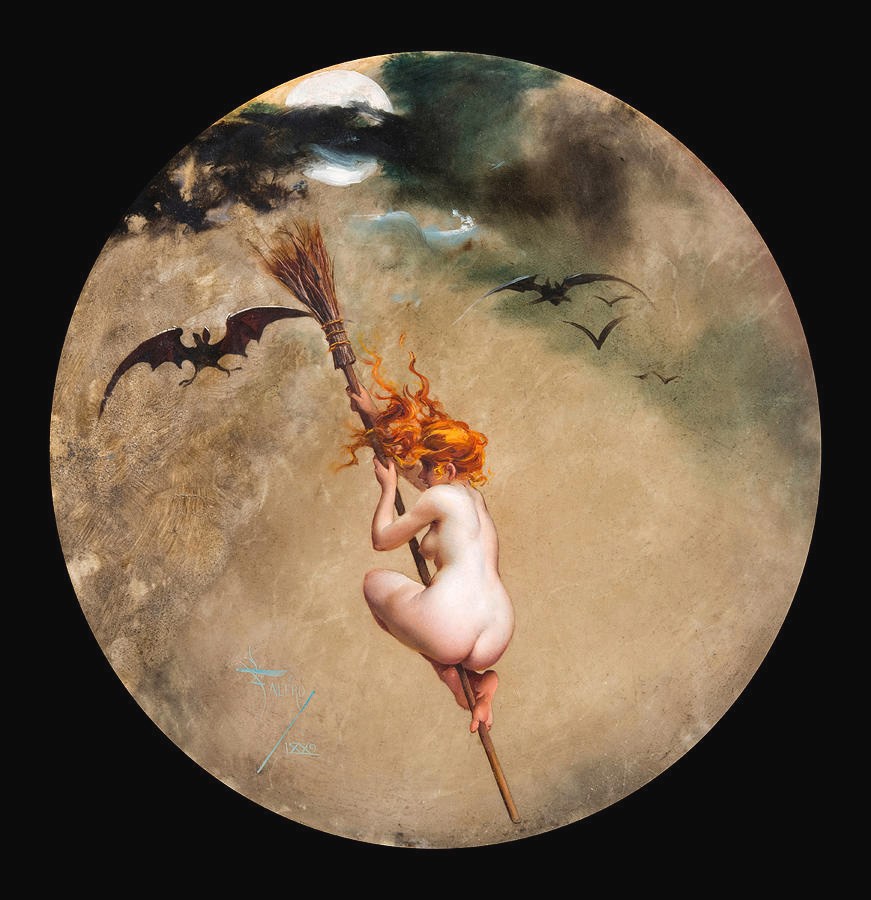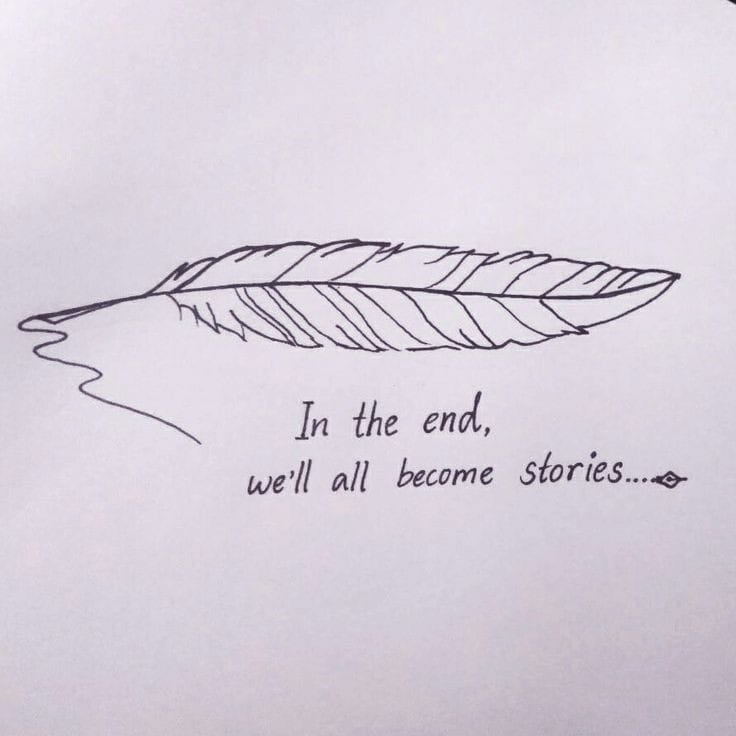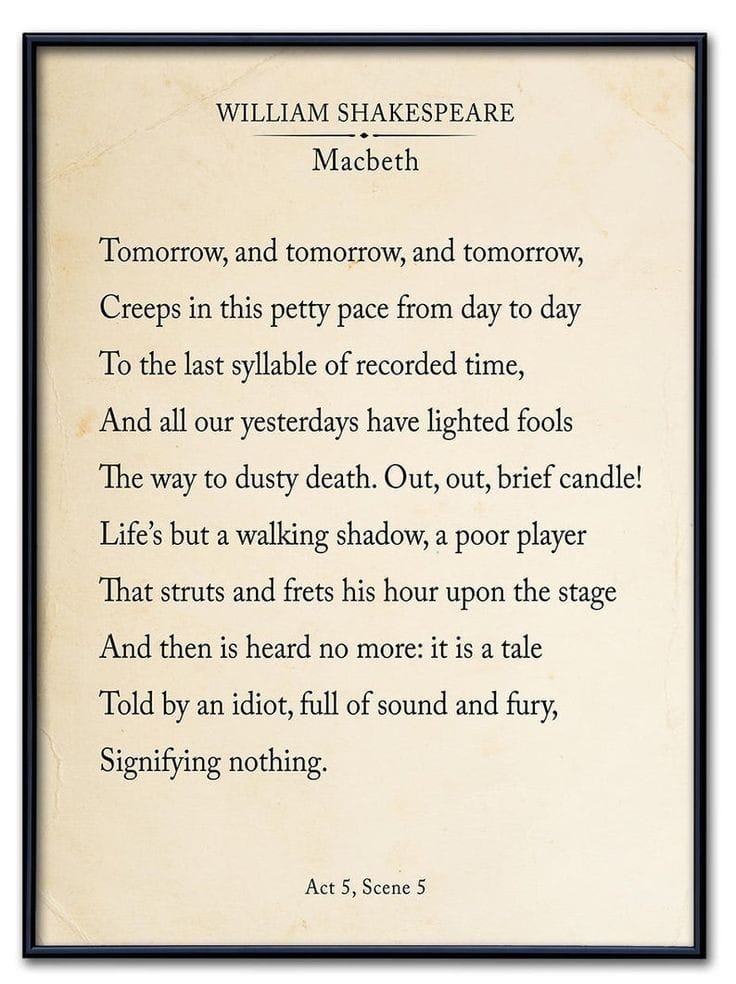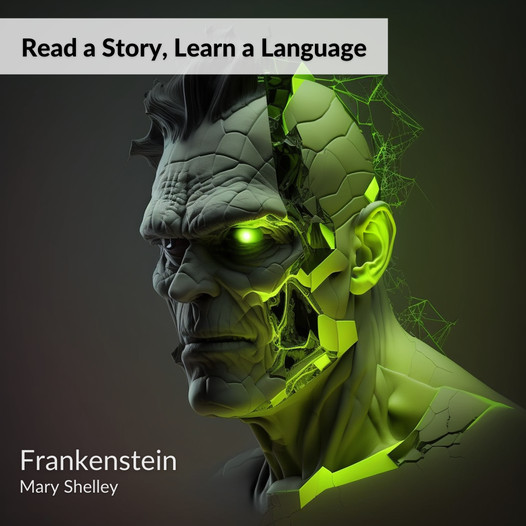
Image author unknown.
Iggy was glad to be home. It wasn’t that Frank’s house, ok let’s be real, his mansion, was a bad place to be. What wasn’t to like to about it? He had his own room (there were plenty to choose from) with his own bathroom, recently fitted to provide for his needs, along with a heated indoor pool, cinema room, library – my god the library! He could quite easily move in there and not come back out for at least a decade. And that was just the library. Frank’s internet connection alone made his ball sack tighten.
And that was part of the problem. It was too good there. Gretchen. He had never met a woman like her. Iggy was bisexual and preferred men. Men his own age. But Gretchen was special. He knew better than to lust after her. Any fool could see she had it bad for Frank.
That was part of the problem too. He had it bad for Frank. Iggy had definite father issues and he knew it. Frank ticked off all the boxes. Dark hair. Masculine. Fit. Fiercely intelligent and ferociously sensitive. His eyes were so dense they exerted gravitational influence.
There was more than one occasion he had to excuse himself to frenetically masturbate in the renovated bathroom.
He was quite certain Gretchen knew. There was more than one occasion he had wheeled himself out of his room as Gretchen slid past. She almost always had a knowing gleam in her eyes. But then he was pretty sure that was her default expression and so he allowed that it might just be him projecting sexual guilt.
He liked his place. It was modest and he was sentimental. It held all the little keepsakes he had collected over his 28 years. All the gifts from past boyfriends. And girlfriends. His tracheotomy tube from when he was in the hospital. He had insisted on it when they finally disconnected him from the ventilator.
He didn’t think about the night he became a paraplegic very often anymore. The dreams where he could still run stopped by the time he was 15. He was very comfortable with being seen as the guy in the wheelchair who was good at math. It also happened to be true.
And now. Now. He didn’t want to think about that most of all.
What they had done. Rose. She was the most amazing thing of all.
She was going to change everything. It would take a long time but he was quite sure of that.
And Frank thought, given what they had done, that restoring Iggy’s shattered spinal cord should be, well…, for lack of a better phrase – child’s play. He really didn’t want to think about that. To be honest, he wasn’t sure he wanted to be able to walk again.
And he didn’t know how to tell either Gretchen or Frank that fact. They wouldn’t understand. He wasn’t sure he did.
The doctors said it was a “spontaneous epidural hematoma” that gave way due to a pubescent growth spurt. A faulty blood vessel just big enough and in just the right spot so that when it burst, painlessly, the pressure of the resultant fluid killed his ability to walk, use of most of his right hand (unfortunate that, he had to learn to be a lefty), control over certain abdominal muscles, and his ability to control when he pissed and shit.
He was 13 when it happened. It broke his parents apart. His father wanted an athlete. He ended up hanging himself when Ignatius was 15. His mother died of a heart attack when he was a senior in college.
Iggy liked being alone. He liked being with Frank and Gretchen even more. He was deeply afraid of becoming too attached and even more afraid that it was already too late. Who was he kidding, it was too late. He was in. If for no other reason than Rose.
He made himself a bowl of oatmeal with cinnamon and raisins as he listened to some 70’s mellow rock. Frank had him hooked. He was an ambient and dubstep fan but he had to admit that they made great fucking music in the 70’s.
He just got out of the bath when the phone rang.
It was Gretchen.
Fuck me, Iggy thought with a sigh. He should have known better.
It wasn’t good that she asked him to bring his hand controls for a car. Not good at all.
Something was going to happen.
Something bad.






